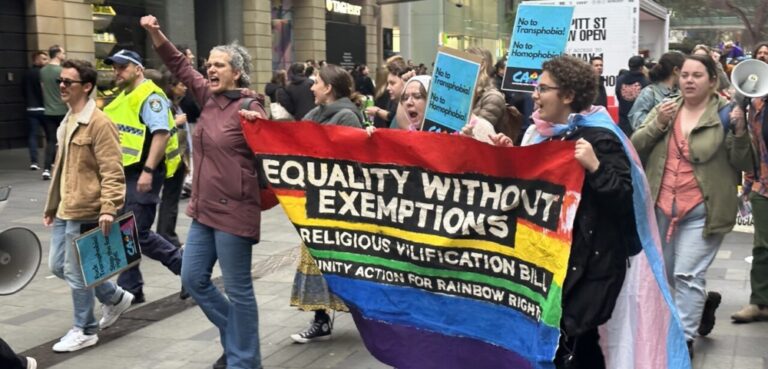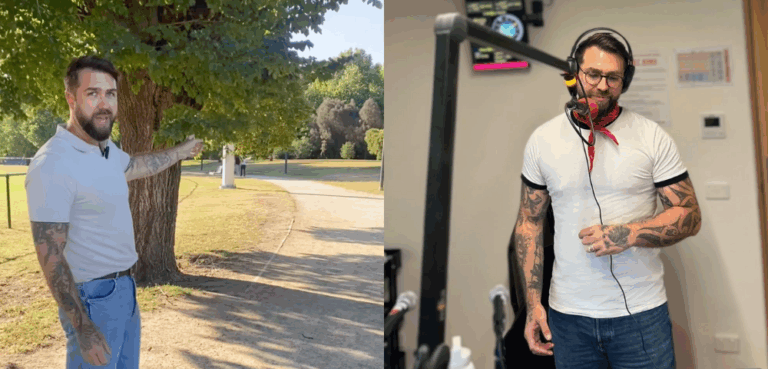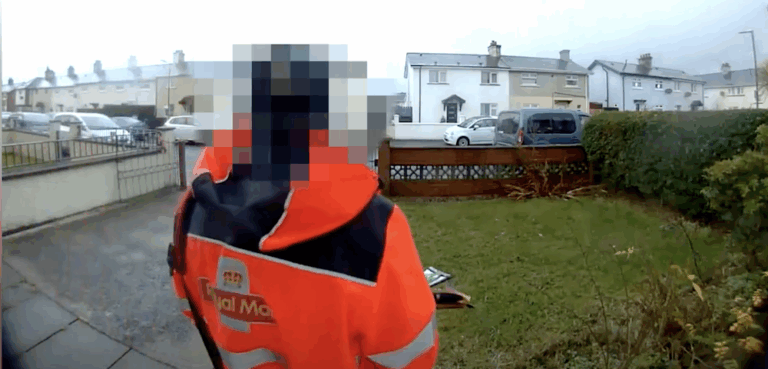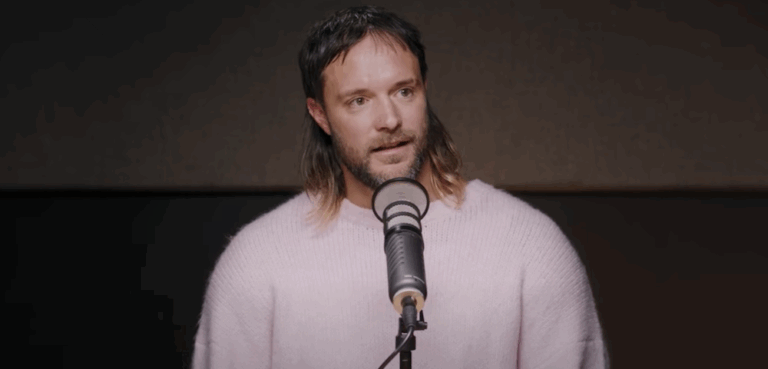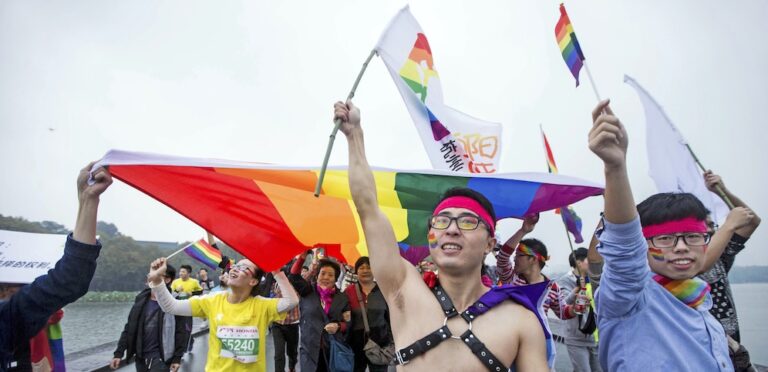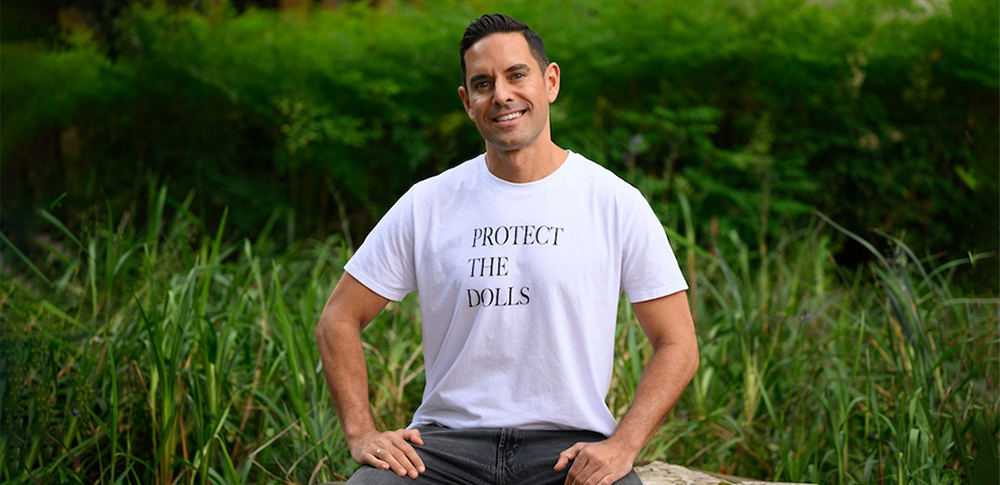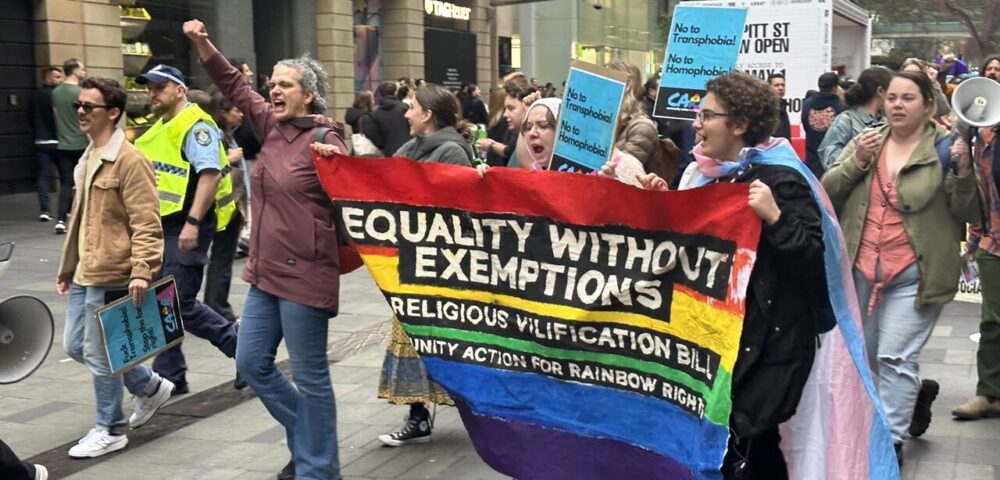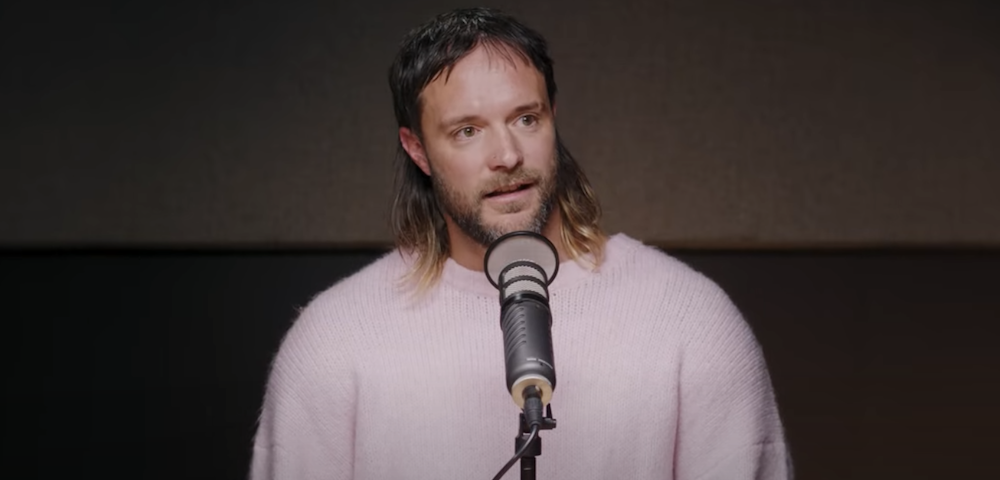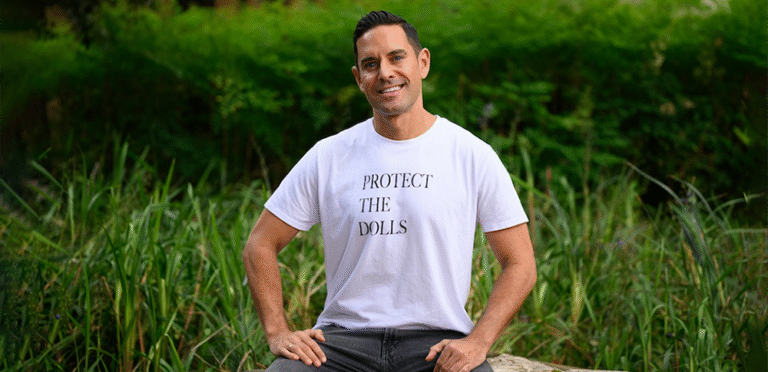
Russia’s Supreme Court Outlaws LGBT Activism

Russia’s Supreme Court has outlawed LGBTQI activism in a landmark ruling, marking a significant infringement on the rights of Queer individuals in the country.
The Russian government’s stance on LGBTQI issues has long been a subject of scrutiny, and the recent legislation has drawn criticism for its impact on human rights and freedom of expression.
Heightens The Danger For LGBTQI Communities In Russia
According to the Russian news ggency TASS, the Russian Justice Ministry submitted a request to the Country’s Supreme Court, seeking to classify the “international LGBT public movement” as extremist and ban such activities within the country.
This ruling heightens the danger for LGBTQI communities within Russia, adding to the conservative rhetoric and anti-gay laws that have been enacted over the last year.
On July 24, President Vladimir Putin signed a new law that made it illegal to modify gender identifiers on legal documents or undergo medical or surgical procedures to alter one’s physical characteristics for gender transition.
The bill, passed by Russia’s parliament in mid-June with unanimous support from present Duma members, imposes additional restrictions.
Individuals who changed their gender identifier before the law’s enactment are now barred from adopting children and may face the annulment of their marriages.
Warning Of Criminal Prosecution For LGBTQI Individuals
Advocates for LGBTQI rights and experts warn that the landmark decision could subject gay individuals and their organisations to criminal prosecution. This could extend to activities expressing their support for LGBTQI rights, spanning actions as simple as displaying the rainbow flag or holding banners advocating for gay rights.
According to The Associated Press (AP), the hearing was held behind closed-doors and without a defendant. The hearing lasted four hours and journalists were taken into the courtroom only for the reading of the verdict by presiding Judge Oleg Nefedov.
Human rights lawyer Max Olenichev told AP ahead of the hearing, “Despite the fact that the Justice Ministry demands to label a non-existent organisation — ‘the international civic LGBT movement’ — extremist, in practice it could happen that the Russian authorities, with this court ruling at hand, will enforce it against LGBTQ+ initiatives that work in Russia, considering them a part of this civic movement”.
Marie Struthers, Director for Eastern Europe and Central Asia at Amnesty International condemned the ruling, stating “This shameful and absurd decision represents a new front in the Russian authorities’ campaign against the LGBTI community. The ruling risks resulting in a blanket ban on LGBTI organisations with far reaching violations of the rights to freedom of association, expression and peaceful assembly, as well as the right to be free from discrimination. It will affect countless people, and its repercussions are poised to be nothing short of catastrophic”.
‘Anti-Lawful’
Prior to the ruling, Russian LGBT activist organisations submitted a document to the court, denouncing the lawsuit as “anti-lawful,” discriminatory, and a breach of both the constitution and international human rights treaties endorsed by Moscow.
Despite efforts by some LGBTQI activists to participate in the lawsuit, the court rejected their attempts.
“We tried to appeal to the Supreme Court’s common sense and say: ‘Look, here I am, a person who’s been involved in LGBT activism for years, who’s been promoting these ideas — ideas of defending human rights, mind you — and this lawsuit concerns me,’” human rights advocate Igor Kochetkov told AP.
Russia’s decision to ‘recognise’ international public LGBT movement” as “extremist,” carries significant legal consequences for individuals engaged in LGBTI-related activities or those associated with the LGBTI community.
Participants” may face sentences of up to five years in prison, while “organisers” and donors could face up to 10 years, according to Articles 282.2(2), 282.2(1), and 282.3 of the Criminal Code, respectively.
